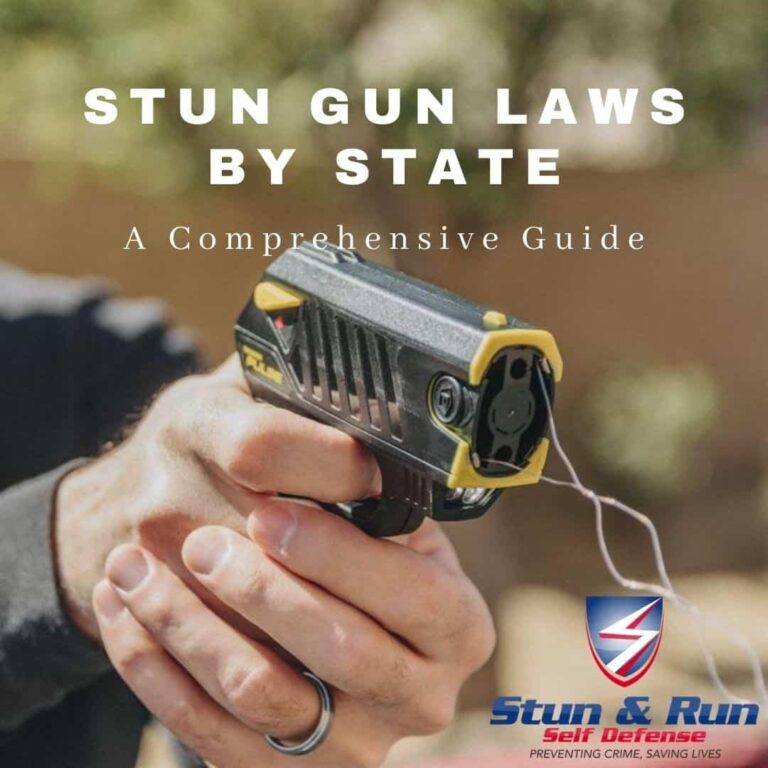Table of Contents
- Understanding the Legal Definition of Good Moral Character in Permit Applications
- The Role of Stun Guns in Assessing Moral Character for Licensing
- Key Court Cases Shaping Stun Gun Regulations and Permit Eligibility
- Practical Tips for Demonstrating Good Moral Character When Applying for Stun Gun Permits
- In Summary
Understanding the Legal Definition of Good Moral Character in Permit Applications
When applying for permits, especially those involving the possession or use of stun guns, the concept of “good moral character” plays a pivotal role. This legal standard requires applicants to demonstrate qualities such as honesty, trustworthiness, and a general adherence to societal norms and laws. Authorities evaluate an individual’s background, including criminal records, history of violence, and instances of unethical behavior, to assess whether the applicant aligns with these expectations. It’s not just about past actions, but also about the likelihood of responsible behavior moving forward.
Factors considered often include:
- Convictions or pending charges related to violence or dishonesty
- Evidence of substance abuse or addiction issues
- Previous violations of permit conditions or firearm regulations
- Character references and community involvement
Understanding these criteria can clear up misconceptions around the approval process. It highlights that the decision isn’t arbitrary but rooted in protecting public safety while respecting individual rights. For those applying for stun gun permits, maintaining a clean, accountable record is critical, as any indication of poor moral judgment can heavily influence the outcome.
The Role of Stun Guns in Assessing Moral Character for Licensing
When evaluating applicants for certain licenses or permits, authorities often factor in the possession or use of stun guns as part of the broader assessment of an individual’s moral character. This is because stun guns, while primarily considered self-defense tools, can also be misused in a manner that raises legitimate public safety concerns. Licensing bodies strive to ensure that permit holders not only understand the responsible use of such devices but also demonstrate traits such as responsibility, lawfulness, and respect for community safety. An applicant’s history of stun gun possession, particularly when linked to unlawful or reckless behavior, may prompt licensing officials to question the applicant’s suitability to hold a permit.
It’s important to recognize that policies relating stun guns to moral character assessments often include considerations such as:
- Compliance with local and state laws regarding stun gun ownership and use;
- Absence of any related criminal convictions indicating misuse;
- Evidence of responsible behavior during prior lawful possession or encounters with law enforcement;
- Demonstrable understanding of self-defense ethics and the consequences of improper use.
Key Court Cases Shaping Stun Gun Regulations and Permit Eligibility
Several landmark court cases have fundamentally influenced how stun gun regulations intersect with the concept of “good moral character” in permit eligibility. In Doe v. State, the court examined whether mere possession of a stun gun could be considered a negative indicator of character. The ruling clarified that ownership alone, absent any criminal misuse or intent to harm, does not necessarily impugn an applicant’s moral standing. This precedent underscored that contextual factors are critical, emphasizing responsible use and lawful possession rather than outright prohibition or suspicion.
Another pivotal case, Smith v. County Board, challenged broad permitting statutes that categorically denied applicants based on stun gun possession. The decision struck down the overbroad nature of these restrictions, asserting that blanket prohibitions fail to account for individual circumstances and rehabilitation. Courts in this ruling stressed the importance of individualized assessments, weighing factors such as history of conduct, intent, and compliance with laws to determine eligibility. These judicial interpretations continue to guide permit issuers toward balancing public safety with equitable enforcement.
- Contextual analysis over rigid bans
- Individualized assessments of character and intent
- Recognition of responsible, lawful stun gun ownership
- Prevention of arbitrary or blanket denials in permit law enforcement
Practical Tips for Demonstrating Good Moral Character When Applying for Stun Gun Permits
When applying for a stun gun permit, it’s crucial to present yourself as a trustworthy and responsible individual. Start by maintaining a clean and transparent record, as background checks play a significant role in verifying your moral standing. Ensure you provide all required documentation accurately, including any volunteer work or community service involvement, which can demonstrate your commitment to societal well-being. Additionally, be honest and forthright during interviews or interactions with permit officials-attempting to obscure past mistakes often backfires and undermines your credibility.
To further solidify your case, highlight behaviors that reflect respect for the law and an understanding of the responsibilities that come with carrying a stun gun. This might include:
- Participation in formal safety training courses.
- References from employers, mentors, or community leaders vouching for your character.
- A consistent demonstration of respectful behavior in both personal and professional settings.
- Evidence of conflict resolution skills and a calm demeanor in stressful situations.
Remember, permit authorities look beyond eligibility-they seek assurance that the stun gun holder will use the device ethically and responsibly. Being proactive in demonstrating these qualities can significantly boost your chances of approval.
In Summary
In navigating the complexities of stun gun regulations and their intersection with “good moral character” requirements in permit laws, it’s clear that understanding both legal definitions and practical implications is essential. Whether you’re a prospective permit holder or simply interested in self-defense laws, staying informed helps ensure compliance and protects your rights. As laws continue to evolve, staying updated through reliable sources and consulting with legal professionals remain the best strategies. Ultimately, balancing personal safety with legal responsibility is key to making informed decisions about stun gun ownership and permits.Check Our Other Blogs
- StunGun – Your Trusted Source for Stun Guns, Laws, and Self-Defense Tips
- PepperSprayLaws – Your Trusted Resource for Pepper Spray Information
- StunGunLaws – Your Trusted Guide to Stun Gun Legality and Safety





